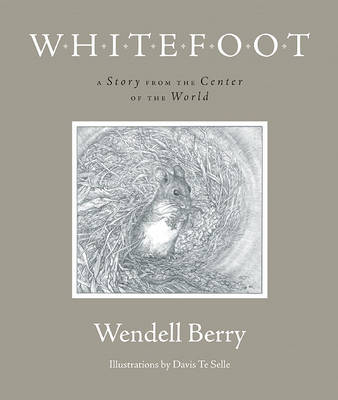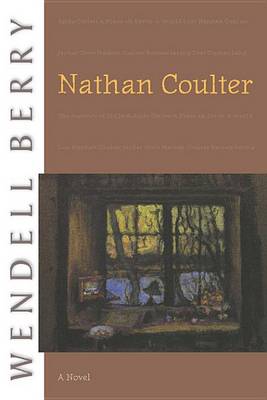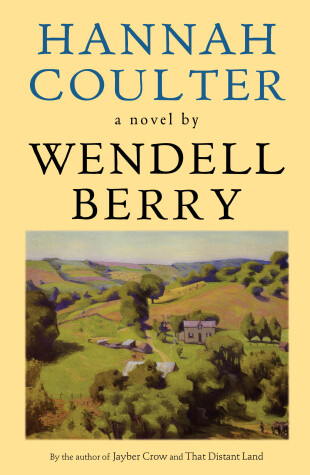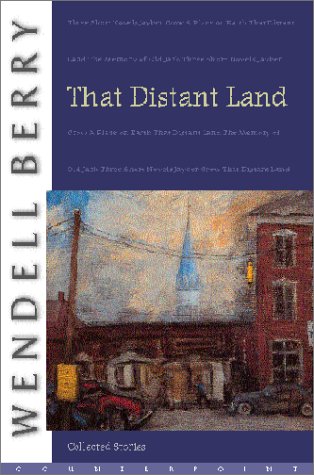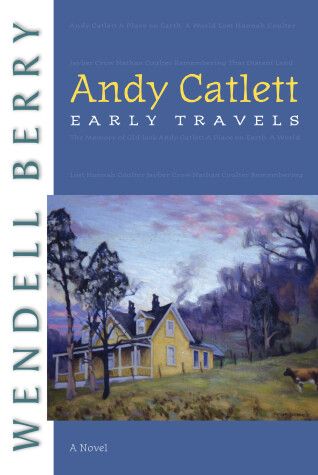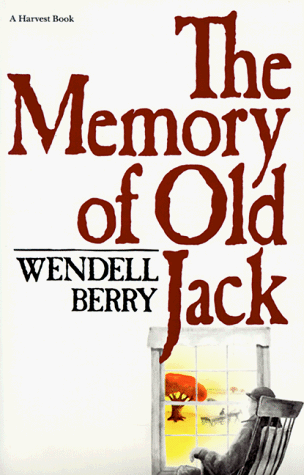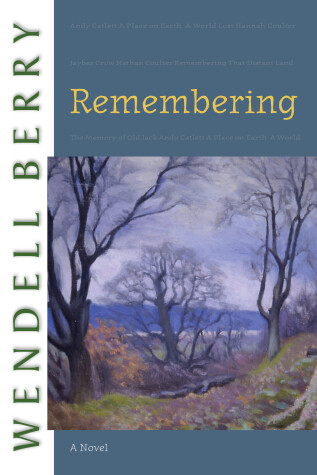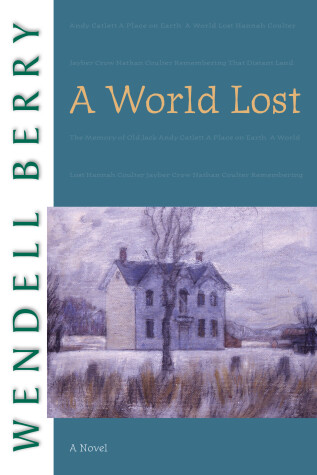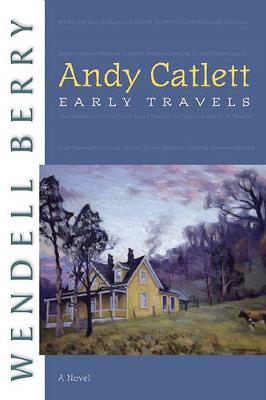Port William
10 total works
In this “eloquent distillation of Berry’s favorite themes: the importance of family, community and respect for the land” (Kirkus Reviews), nine-year-old Andy Catlett embarks on a solo trip by bus to visit his grandparents in Port William, Kentucky, during the Christmas of 1943. Full of “nostalgic, admiring detail” (Publishers Weekly), Andy observes the modern world crowding out the old ways, and the people he encounters become touchstones for his understanding of a precious and imperiled world. This beautiful, short memoir-like novel is a perfect introduction to Wendell Berry’s rich and ever-evolving saga of the Port William Membership, filled with images “as though describing a painting by Edward Hopper” (The New York Times).
After losing his hand in an accident, Andy Catlett confronts an agronomist whose surreal vision can see only industrial farming. This vision is powerfully contrasted with that of modest Amish farmers content to live outside the pressures brought by capitalist postindustrial progress, and by working the land to keep away the three great evils of boredom, vice, and need.
As Andy’s perspective filters through his anger over his loss and the harsh city of San Francisco surrounding him, he begins to remember: the people and places that wait 2,000 miles away in his Kentucky home, the comfort he knew as a farmer, and his symbiotic relationship to the soil. Andy laments the modern shift away from the love of the land, even as he begins to accept his own changed relationship to the world. Wendell Berry’s continued fascination with the power of memory continues in this treasured novel set in 1976.
“[Berry’s] poems, novels and essays . . . are probably the most sustained contemporary articulation of America’s agrarian, Jeffersonian ideal.” —Publishers Weekly
“Wendell Berry is one of those rare individuals who speaks to us always of responsibility, of the individual cultivation of an active and aware participation in the arts of life.” —The Bloomsbury Review
Years later, still possessed by the story, Andy seeks to get to the bottom of all this, to understand the two men and their lethal connection.
“Berry deftly balances Andy’s investigation into the town’s past with an equally moving realization not only of the sustaining value of memory but of the manner in which they are shaped in enduring ways by what they love . . . a sharp portrait of a town nursing its secrets over decades.” —Kirkus Reviews
